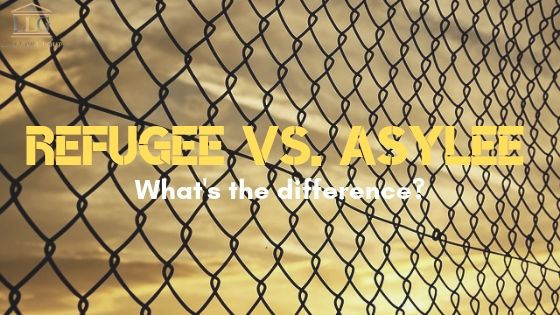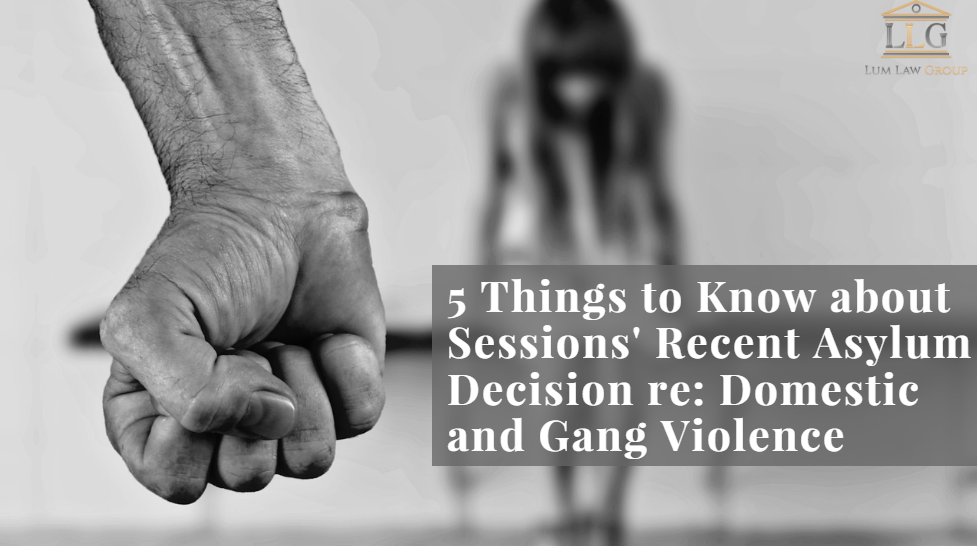What is a Refugee? What is an Asylee? What’s the difference?

In popular media the terms ‘refugee’ and ‘asylee’ are often used interchangeably. It’s difficult to tell the difference between seeking refuge and seeking asylum. After all, don’t they mean the same thing? When it comes to the specific ways the terms apply in immigration, the answer is no. In this article, we will explain the […]
5 Things to Know about Sessions’ Recent Asylum Decision re: Domestic and Gang Violence

We have been carefully following Attorney General Jeffrey Sessions’ review of the domestic violence asylum case (Matter of A-R-C-G-, 26 I&N Dec. 338 (BIA 2014)), which he overturned on June 11, 2018. While our previous post on Sessions’ asylum decision was rather detailed, this post will outline the top five things you need to know […]

